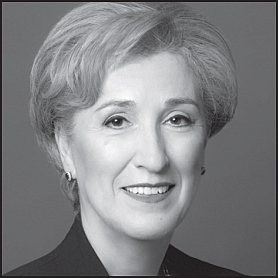From London to Washington to Ottawa, the relationship between law and politics dominates the news. What legally happens if there is a “hard Brexit”? What can a president do in a state of emergency? For Canadians in the recent past, it was 'what is prorogation?' One silver lining in all of this is that citizens including lawyers, are afforded opportunities to brush up on their civics and legal education. Canadians more recently are asking a lot of questions about deferred prosecution agreements, which we newly have and Americans and Britons have had for some time.
We can intuitively understand why corporations like deferred prosecution agreements, or DPAs; they avoid the stigma of a prosecution, save time, and can limit the negative impact of a long investigation and prosecution.
But why do governments like them (beyond the debatable political theories)? To answer this, it is useful to turn to the other jurisdictions that have them. Kathleen Harris, Arnold & Porter LLP, offered this explanation in the above-noted article: “In an era of global enforcement of economic crime, the introduction of Deferred Prosecution Agreements (DPAs) follows developments in the UK designed to tackle corporate offending. (See https://www.financierworldwide.com/deferred-prosecution-agreements-in-the-uk-and-us#.XIuzGCJKiN0)
“The rationale for a DPA in the UK is that corporate crime is firstly, difficult to investigate and secondly, difficult and costly to prosecute. Companies that enter into a DPA will have to fulfill certain undertakings, over a specified period of time, in exchange for an agreement not to prosecute. If, at the end of a specified period, the prosecutor is satisfied that the corporate has fulfilled its obligations, there will be no prosecution. This approach is analogous to the US.”
Query: what needs to happen in our political system in order for this legal construct to operate effectively for all sides? If there is anything positive to come out of the SNC/Lavalin situation, it may turn out that we all take an interest in the ways in which our justice system operates.





